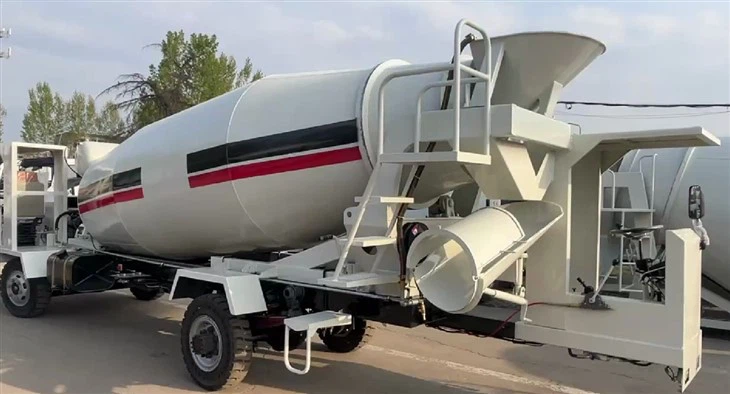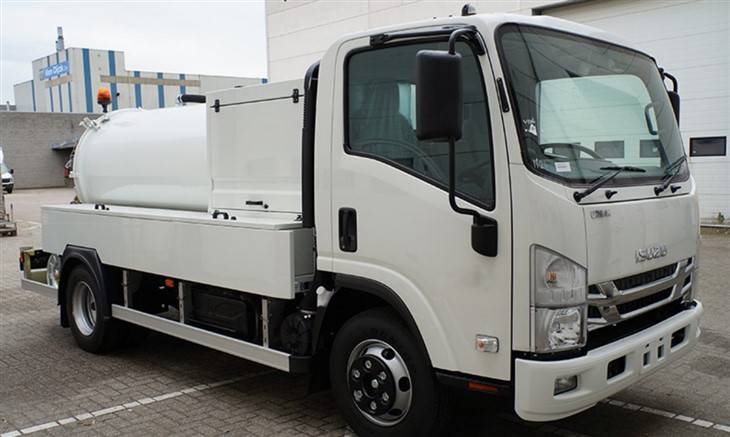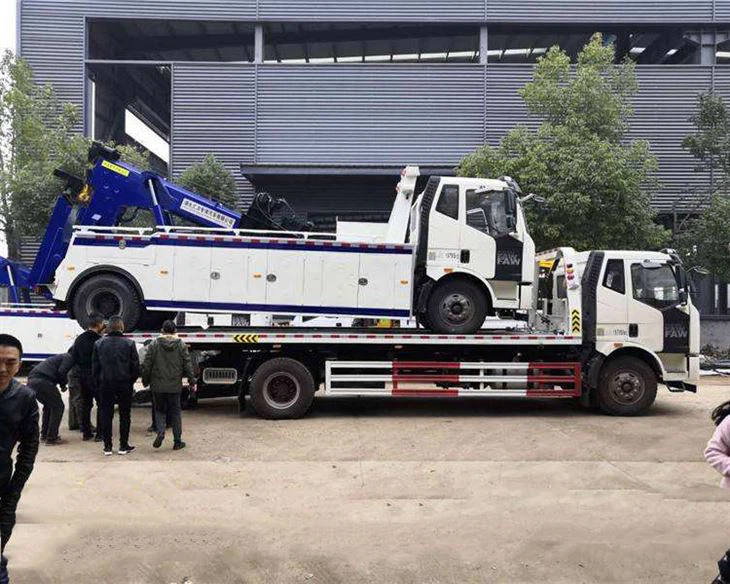Everything You Need to Know About Manlift Trucks

A manlift truck, often referred to simply as a manlift or boom lift, plays a critical role in industries that require the elevation of workers and materials to heights inaccessible by ladders or scaffolding. This comprehensive article explores the various aspects of manlift trucks, their types, safety measures, applications, and much more.

Understanding Manlift Trucks
Manlift trucks are essential devices designed to raise workers to specific heights to perform tasks such as maintenance, construction, and installation. They operate on either hydraulic or mechanical principles and are primarily utilized in large warehouses, construction sites, and maintenance work for buildings.
Types of Manlift Trucks
There are several different types of manlift trucks, each suited for specific applications and environments. Below are the most common types:
| Type | Description | Best Use Cases |
|---|---|---|
| Articulating Boom Lift | Features joints that allow for versatile movement. | Indoor maintenance, tree trimming. |
| Telescopic Boom Lift | Long, straight arm that extends to great heights. | Construction sites, outdoor applications. |
| Scissor Lift | Raises platform vertically without extending horizontally. | Warehousing, indoor construction. |
| Pintle Hook Lifts | Attach a trailer or other equipment for lifting. | Transport and tow applications. |
How Do Manlift Trucks Work?
Manlift trucks operate by using hydraulic systems that lift the platform or cage to the desired height. Here’s a basic rundown of how they work:
- Power Source: Manlift trucks usually come with either diesel or electric engines.
- Hydraulic System: Fluid mechanics are used to operate pistons that elevate the platform.
- Control Mechanism: Operators typically control the lift with a joystick or a simple control panel.
Applications of Manlift Trucks
Manlift trucks are versatile and can be used in numerous fields. Some of the main applications include:
Construction

Manlift trucks are indispensable in construction projects where workers need access to high areas for installing fixtures or roofing. Articulating and telescopic lifts are commonly employed for these tasks.
Warehouse Operations
In large warehouses, scissor lifts are widely used to reach elevated storage areas. This enhances efficiency and minimizes the risk associated with climbing ladders.
Maintenance Work
For maintaining buildings, manlift trucks allow workers to access hard-to-reach areas like ceilings and rooftops safely. Routine maintenance tasks become much simpler with the right lift.
Safety Considerations
Safety is paramount when operating any lift equipment. Here are essential safety tips to keep in mind:
Pre-Operation Checks
- Inspect the lift for any visual damages.
- Ensure the hydraulic fluids are at the correct levels.
- Test the emergency descent system.
Operating Protocols
- Always wear suitable PPE (Personal Protective Equipment).
- Make sure the area around the lift is clear of obstacles.
- Never exceed the maximum load capacity specified by the manufacturer.
Training and Certification
Operators must be adequately trained. Companies should ensure that personnel get certified before they operate a manlift truck.
Choosing the Right Manlift Truck
When selecting a manlift truck, consider the following factors:

Height Requirement
Determine how high you need to go. This will help you choose between an articulating and a telescopic lift.
Weight Capacity
Evaluate the maximum weight that will need to be lifted, including tools and materials.
Terrain Types
Consider whether the lift will be used indoors or outdoors, as this will affect which type of tires and drive system are necessary.
Cost Considerations
Understanding the cost of acquiring or renting a manlift truck is crucial for budget planning. Below is a breakdown:
Purchase Costs
The purchase price of a manlift truck can range greatly based on type and features, usually falling between $15,000 and $100,000.
Rental Costs
For short-term projects, renting a manlift can be more economical, typically costing around $100 to $500 per day, based on model and specifications.
Maintenance Costs
Regular maintenance is essential for safe operation. Expect to spend around 10-15% of the purchase price annually on maintenance.
Practical Examples and Tips
Example 1: Using a Telescopic Boom Lift on a Construction Site
A construction team might require a telescopic boom lift to install windows on a five-story building. By clearly assessing the weight and height requirements, they choose a model capable of lifting two operators and their tools up to 60 feet safely.
Example 2: Scissor Lifts for Indoor Tasks
In a warehouse setting, a scissor lift can be utilized for product retrieval from high shelves. This optimizes space efficiency and enhances safety measures by minimizing ladder use.
Tip: Always Plan for Emergencies
Before starting any work, ensure an emergency plan is in place, including knowledge of emergency descent and system failures. Keep a first-aid kit accessible near operations.
FAQs
What is the maximum height a manlift truck can reach?
The maximum height varies based on the model but commonly ranges between 30 to over 100 feet.
Can I use a manlift truck outdoors?
Yes, many models are designed specifically for outdoor use, but always check the manufacturer’s specifications for suitability.
How often should manlift trucks be serviced?
It is recommended to service manlift trucks at least once a year, but frequent use may require more regular checks.
What are the weight limits for manlift trucks?
Weight limits vary by model, typically ranging from 500 to 1,500 pounds, including the operator, tools, and materials.
Do I need a license to operate a manlift truck?
Most jurisdictions require operators to be certified. Always refer to local laws and employer policies for specific requirements.
Are manlift trucks easy to operate?
While generally user-friendly, proper training and understanding of the equipment are essential for safe operation.
